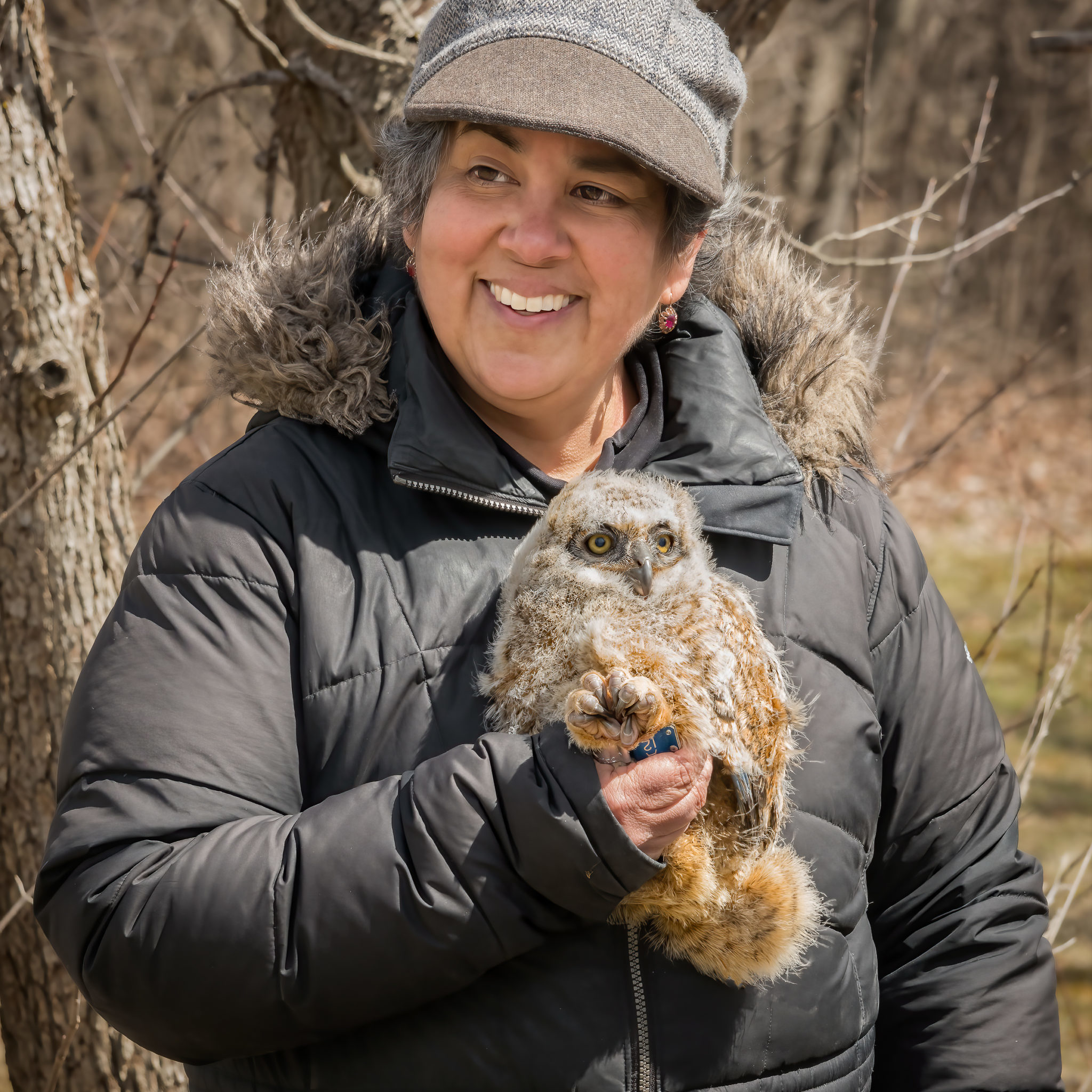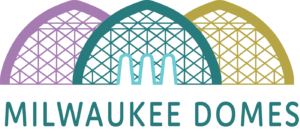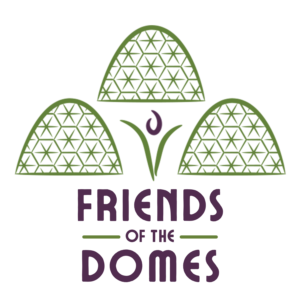Women & Girls in Science
Sunday, March 3, 2024; 1-4 pm
Location: Greenhouse #7 - Adjacent to the Mitchell Park Domes
Who do you picture when you think of a scientist?
Most people imagine a man in a white lab coat who looks like Einstein! Breaking the stereotype of who can be successful in STEAM (science, technology, engineering, art, math) careers is the goal of this open-house event. Girls (and boys) can catch the “science bug” through hands-on activities and learn about female STEAM pioneers and their important contributions to our world. Local women from various STEAM backgrounds will be in attendance so young women can connect with a potential mentor and everyone can see that anyone can be a scientist!
$5 per person; Avoid the line by registering and paying ahead of time or pay at the door
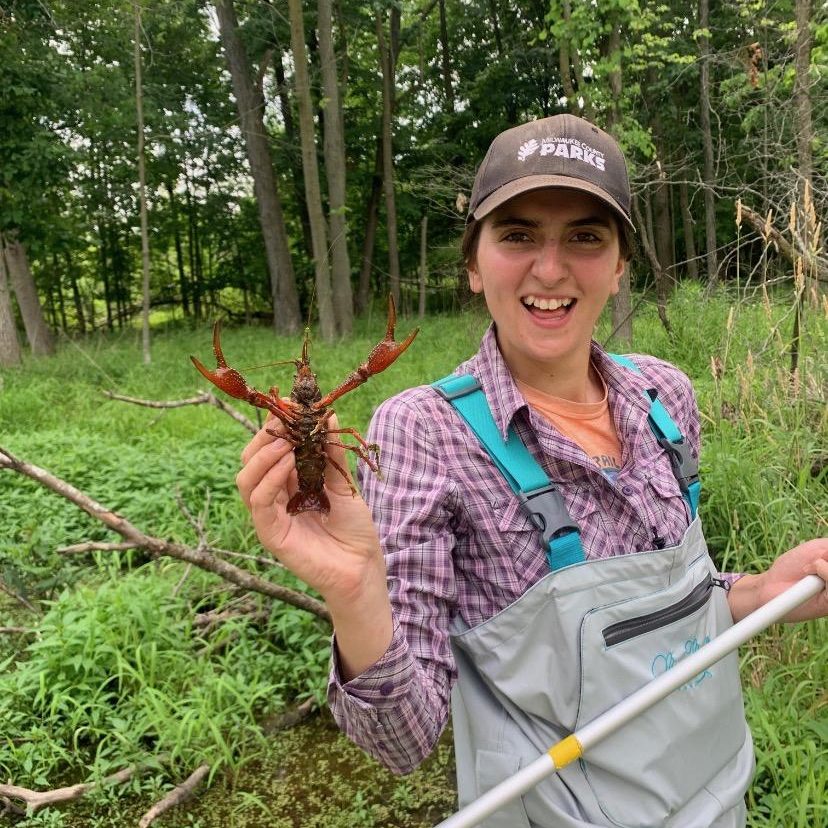
Rebecca could always be found playing in nature as a kid, but she learned she could make a living working outdoors after volunteering with her high school’s Environmental Conservation Outdoors (ECO) Club. She went on to earn her Bachelor of Arts in Environmental Studies and Linguistics from UW-Madison. She’s interested in the language we use when we talk about the natural world and how we can change the conversation to include everyone in natural resource management. At Milwaukee County Parks, she coordinates wetland monitoring and turtle basking surveys, conducts bat monitoring surveys, and helps conduct land restoration work. Before working for Milwaukee County Parks, Rebecca worked for the Wisconsin Department of Natural Resources, City of Milwaukee Forestry, and completed a service year at Milwaukee Riverkeeper through AmeriCorps. When Rebecca isn’t at work, she likes to climb trees, learn new crafts, and hang out with her dogs, Simone and Tilia.
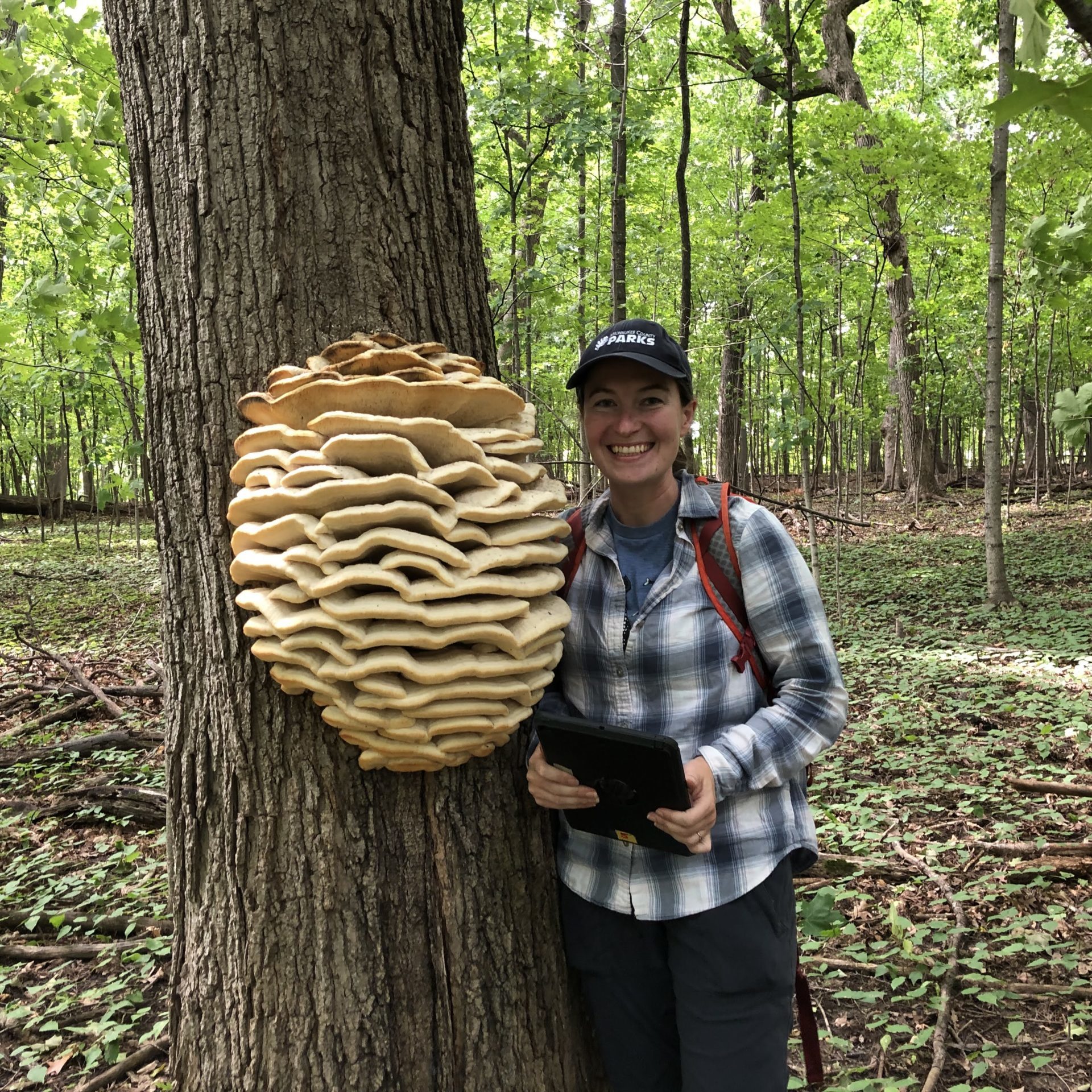
Restoration Ecologist - Milwaukee County Parks Natural Areas Program
Being in nature surrounded by plants and animals has always been a part of my life. I grew up digging and playing in the garden, searching for caterpillars and worms. I watched all the nature documentaries on PBS growing up too.
In high school I remember thinking it wouldn’t be possible to make a living doing something with plants or animals out in nature. In college I learned more about the fields of Conservation and Environmental Science and realized that’s what I wanted to do for my career. (Being named after Halley’s comet probably didn’t hurt my chances of going into the field of science.)
Now in my everyday job I get to protect native plants and animals, use a chainsaw, identify hundreds of plant and animal species, monitor bumble bee populations, and so much more!
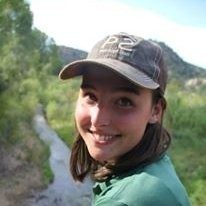
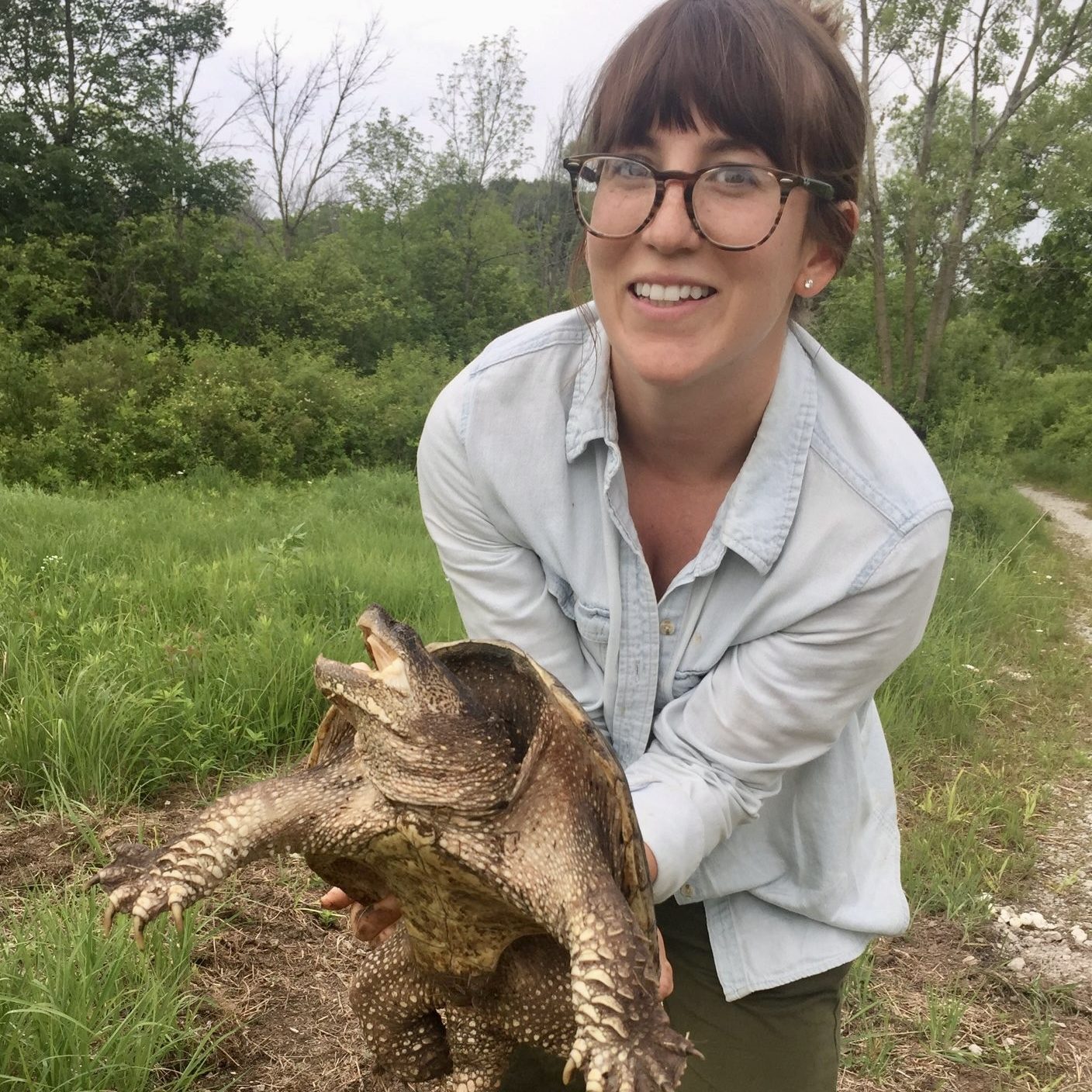
Emilie Burmeister is the Conservation Biologist for the Milwaukee County Park's Natural Areas. Always excited to learn something new and to be outside, she knew this was the best career path for her. She spends her days conducting plant and wildlife surveys that help guide restoration activities. This includes planting lots of trees! She is inspired by young conservationist and climate activist like Greta Thunberg.
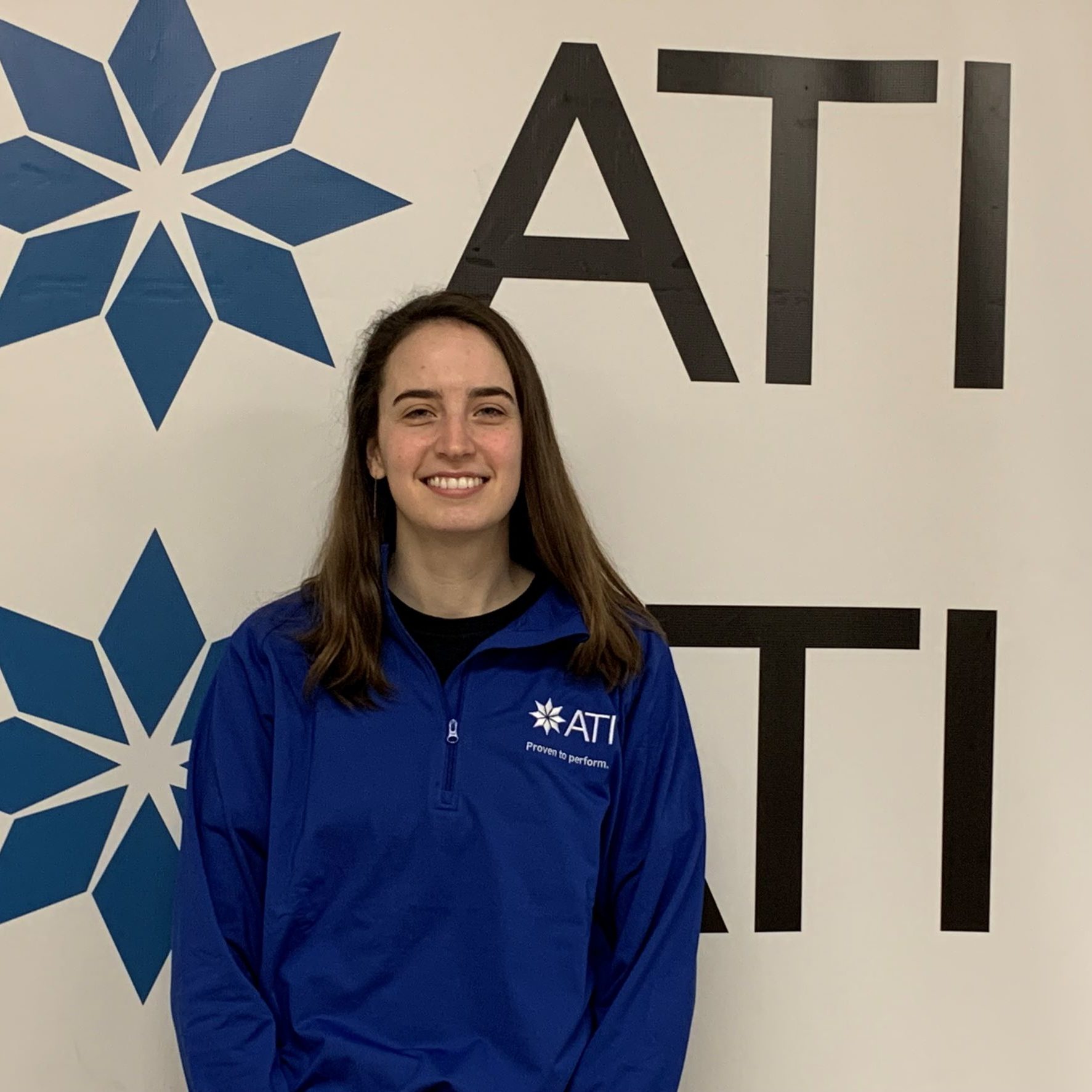
I’m Emily Oja, and I am an Engineer in our Design Engineering department at ATI Forged Products. At ATI, I design tools and prove out processes to forge metal into complex shapes. After these metal components are machined, they’ll end up on helicopters, jets, tanks, and in other applications. On any given day, I’ll be working on computer-aided design models, running process simulations, making tooling drawings, or watching parts run in the shop to see if changes need to be made. I particularly enjoyed my math and science classes in school and ended up going to college for Mechanical Engineering because the possibilities in this field are endless. It is exciting to see my ideas move from the computer to become real tools and products, and it’s rewarding being able to solve problems as they arise.
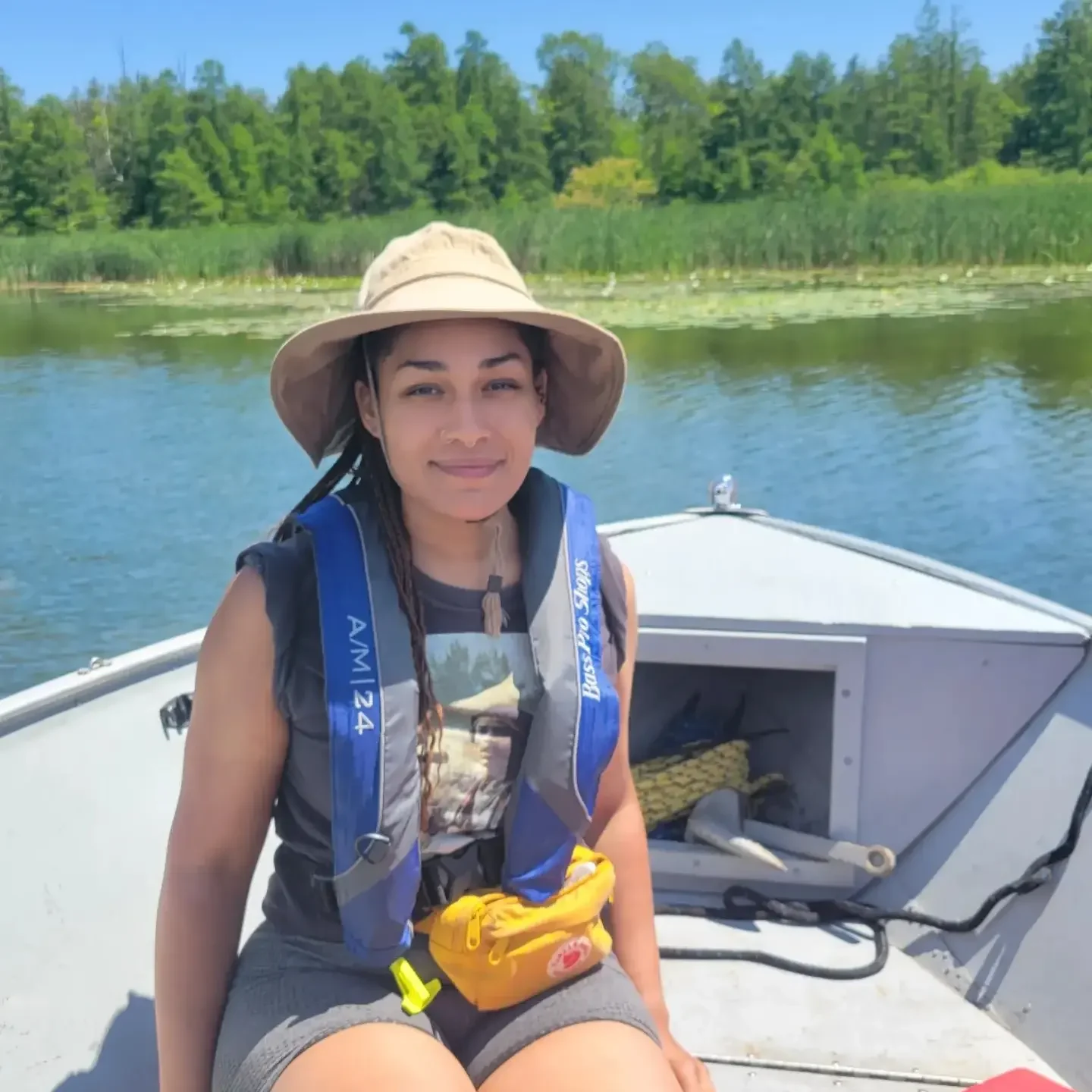
I'm Loretha Jack and I'm an LTE Water Resources Biologist with the Wisconsin Department of Natural Resources, stationed in Milwaukee. My love for the natural world and all of the beautiful, diverse forms of life that inhabit it inspired me to pursue degrees in Biological Sciences and Conservation and Environmental Science at UW-Milwaukee. While earning my bachelor's degree, I was involved in undergraduate research focused on community ecology of algae and aquatic plants in freshwater and marine ecosystems. After I graduated in 2019, I worked for UW-Milwaukee in a lab researching questions related to the evolutionary biology of native Wisconsin wetland plants, prior to joining the DNR. Now, my work at the DNR keeps me outside for most of the summer, collecting water samples and conducting surveys of fish, aquatic plants, river habitat, and aquatic invertebrates. These monitoring activities are crucial to maintaining or improving the health of Wisconsin's lakes and rivers. In my free time I enjoy hiking, running, gardening, cooking, volunteering for causes I care about, and hanging out with my three cats.
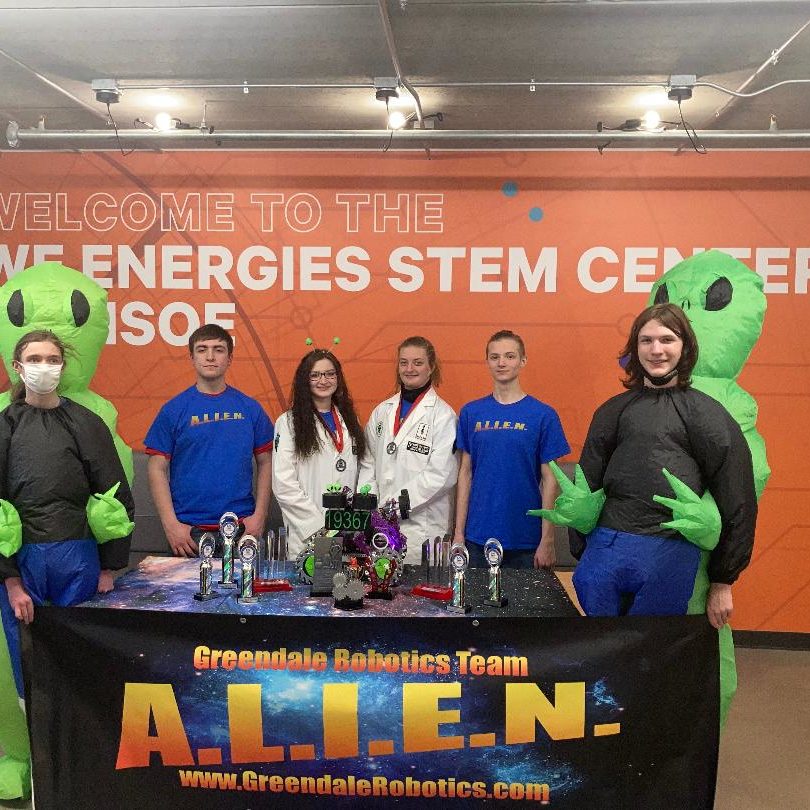
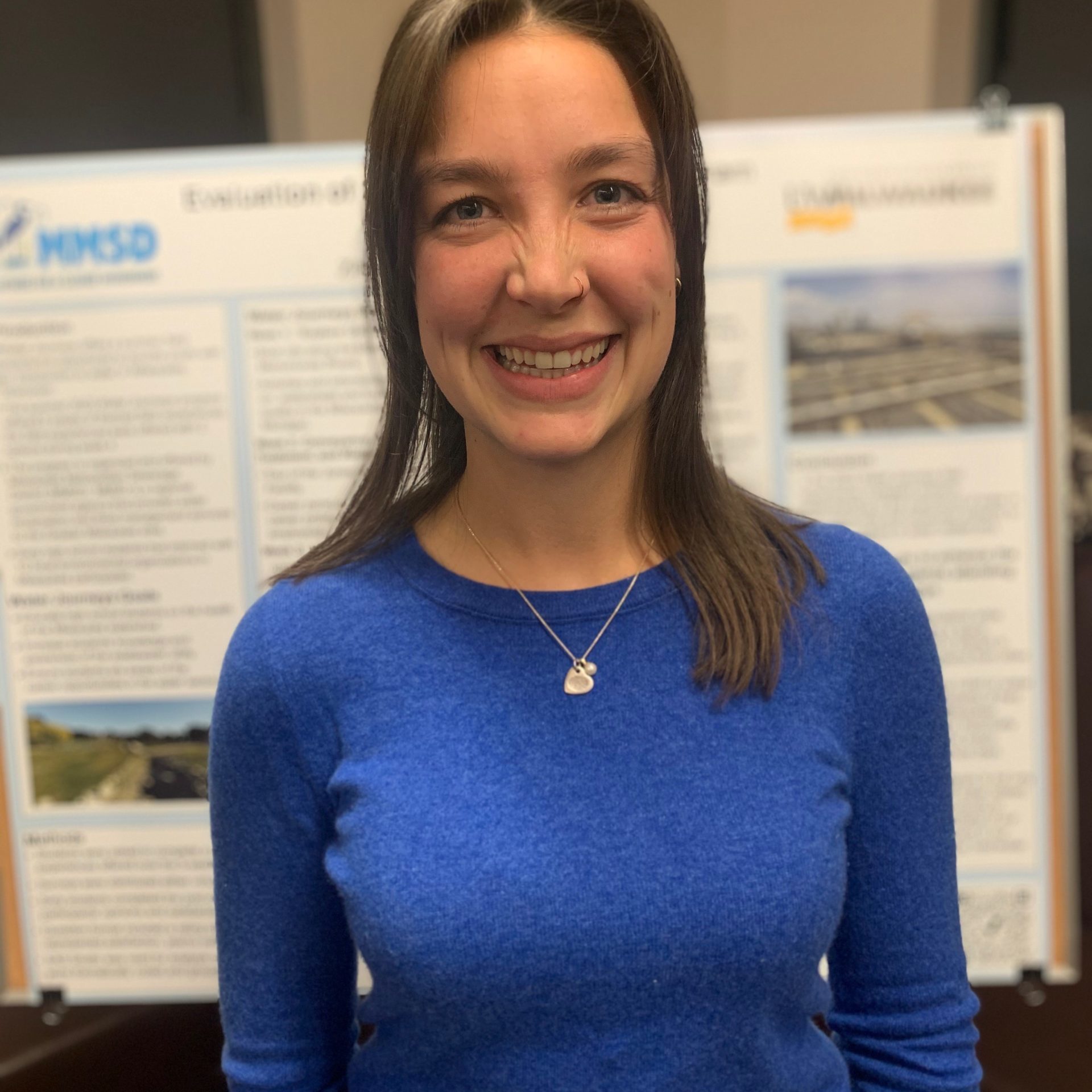
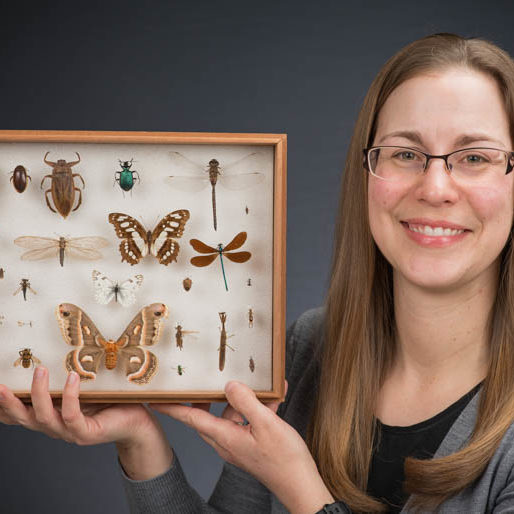
Associate Professor, University of Wisconsin – Parkside
I enjoyed spending time outdoors as a child. I especially loved observing insects. Insects were diverse, abundant, and could be easily captured for a closer inspection unlike most of the other animal life in a suburban backyard in Oak Creek, Wisconsin. Yet, I didn’t seriously consider entomology as career option until I started my undergraduate degree. I attended the University of Wisconsin – Stevens Point for my undergraduate degree where I pursued a double major in Biology and Wildlife Ecology and Management. I participated in a variety of jobs, internships and volunteer activities to gain experience in wildlife ecology and entomology as an undergraduate, including positions at Wehr Nature Center, the Racine Zoo, the Milwaukee Public Museum, the Wisconsin Humane Society, the Wisconsin Department of Natural Resources, and the United States Geological Survey. I was also able to conduct my own undergraduate research projects on aquatic insects, specifically dragonflies and damselflies. My research experience as an undergraduate encouraged me to continue my education after I graduated in 2005. I pursued a Master’s of Science degree at Iowa State University in the Ecology and Evolutionary Biology and Entomology programs. My research focused on arthropod (insect and spider) communities of tall-grass prairies. I completed my MS degree in 2008. I returned to aquatic systems for my terminal degree (Ph.D.) which I completed at the University of New Brunswick, in New Brunswick, Canada. I was able to investigate the aquatic insect communities of a pristine, unregulated river system, the Miramichi River. I received my doctoral degree in 2014.
The common theme of my academic training and research is the concept of biomonitoring – using resident organisms to determine the health of quality of an ecosystem. I was first introduced to this practice as part of a 4H trip as a high-school student. Many of my research questions focus on ways to use biomonitoring or developing tools to improve biomonitoring activities. I am privileged to continue this research with undergraduate and graduate students as part of my position as an Associate Professor of Invertebrate Zoology at the University of Wisconsin – Parkside. At UW-Parkside, I also teach courses in Biostatistics, Invertebrate Zoology, Parasitology, Conservation Biology, Ecology, Freshwater Ecology, and Experimental Methods in Ecology and Evolution.
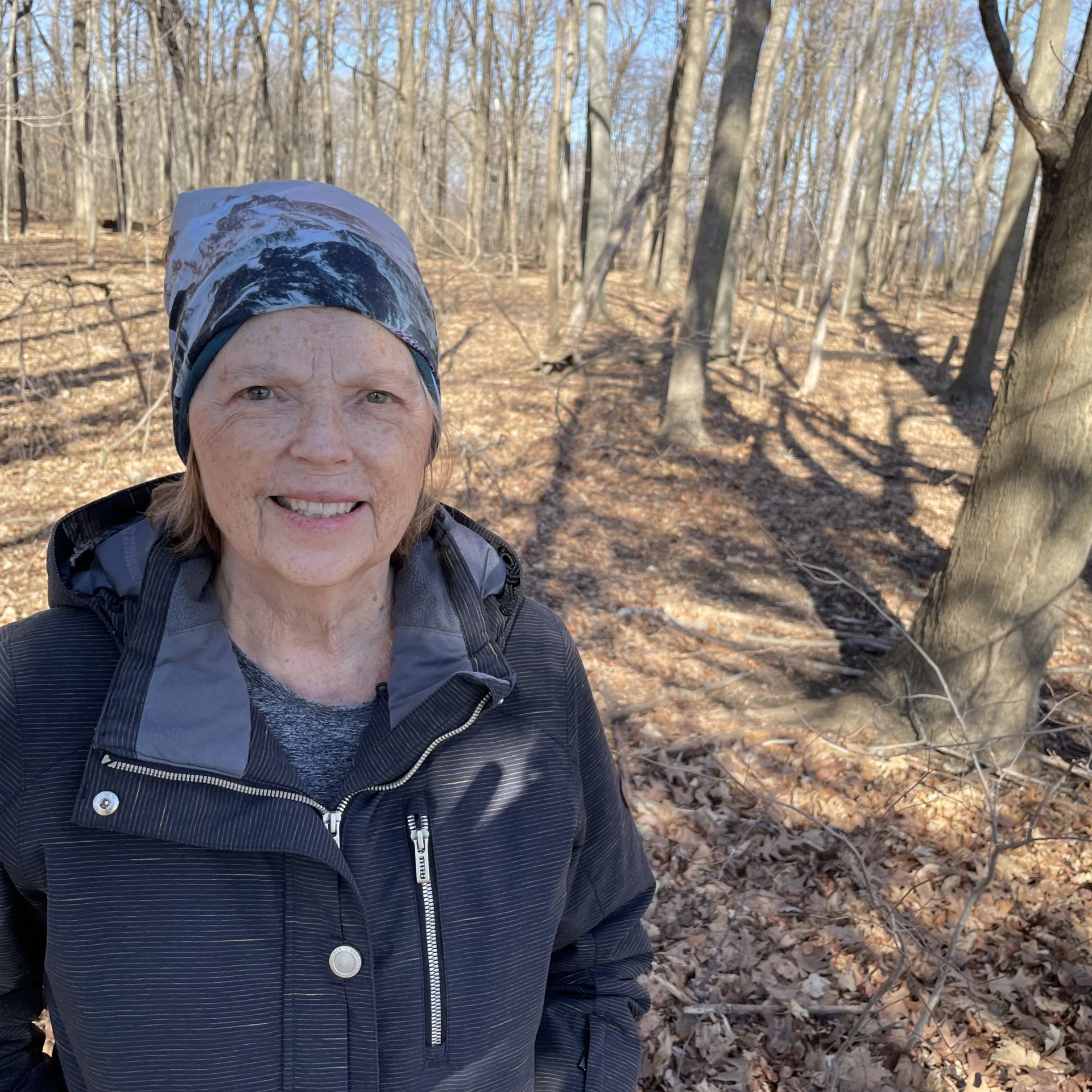
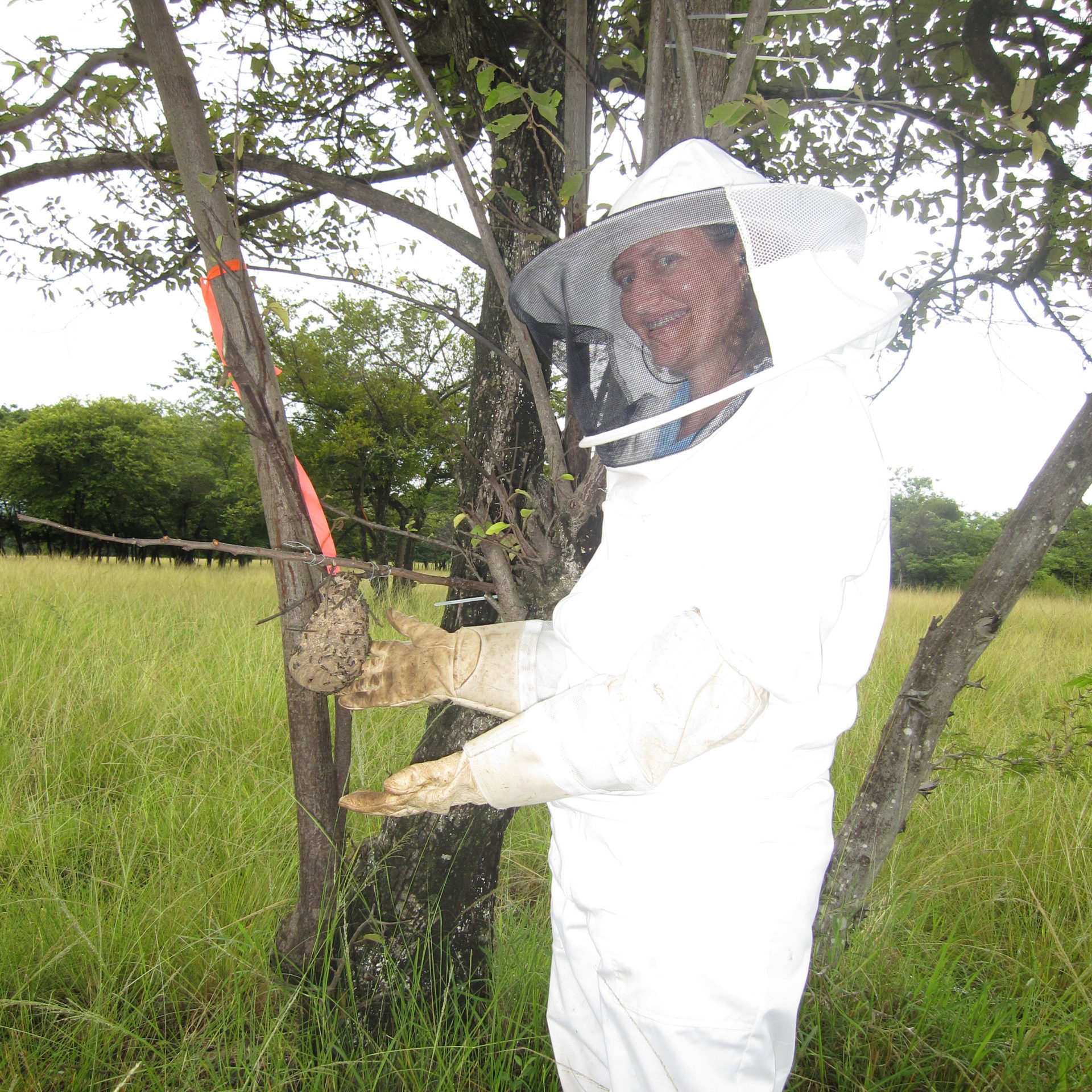
My name is Teresa Schueller and I’m an Associate Professor of Biology at UW-Milwaukee at Waukesha and the Director of the UWM at Waukesha Field Station. Many of my earliest memories are of playing and exploring in the small forest and wetland area behind my house. I’ve always been fascinated by the diversity of life that surrounds us.
I took as many science classes as I could in high school. I attended Purdue University for my undergraduate studies and there I participated in amphibian behavior studies. I earned my Master’s degree at the University of Hawai’i where I studied wolf spider behavior. I attended UW Madison for my PhD work, where I studied the behavior of tropical social wasps. In my current position, I have continued my social wasp work as well as investigating the ecology of prairie-specialist gall wasps. I love that my job allows me to teach, to be out in nature, to work on restoration projects, and to continue doing research. In my free time, I enjoy reading, gardening, hiking, biking, traveling, and practicing yoga.
